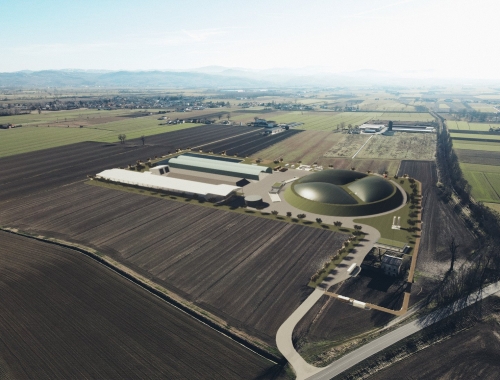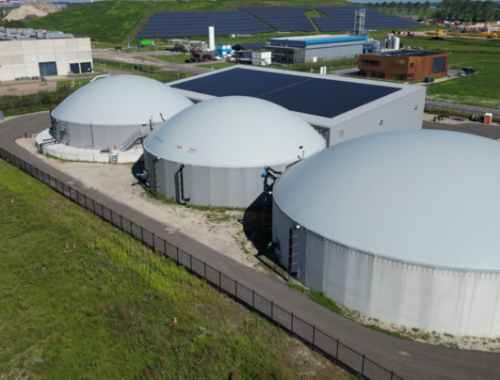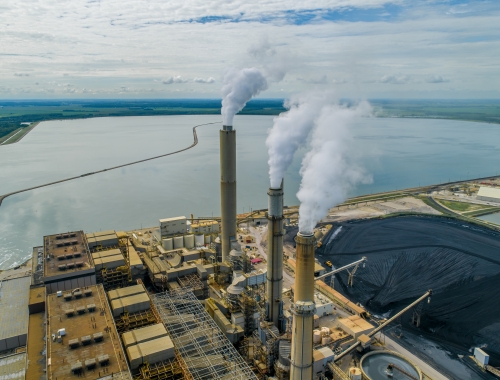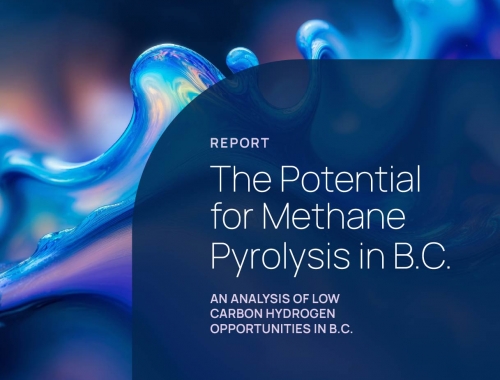Canada tables new emissions reduction plan
SUMMARY
Oil and gas sector will be expected to reduce emissions by 31% by 2030.
By Dale LunanPOSTED IN:
Canadian environment minister Steven Guilbeault tabled the country’s 2030 Emissions Reduction Plan in parliament March 29, mapping a path to achieving economy-wide emissions reductions of 40-45% below 2005 levels by 2030 and achieving net-zero emissions by 2050.
The plan includes C$9.1bn (US$7.3bn) in new investments and reflects the impact of economy-wide measures such as the federal carbon tax, which will increase to C$50/mt on April 1 this year and by C$15/mt each year to reach C$170/mt in 2030, and a clean fuel standard to encourage the development of lower-carbon liquid fuels. It will also target actions in each sector of the economy, from buildings and vehicles to industry and agriculture.
The 2022 version of the plan – it will be updated with progress reports in 2023, 2025 and 2027 – includes no actions targeted directly at the oil and gas sector, but presents modelling setting out the most efficient path towards meeting 2030 targets.
Under that modelling, the oil and gas industry will be expected to contribute emission reductions of 31% below 2005 levels in 2030, which will guide the government in future consultations with industry, the provinces, indigenous partners and other Canadians to define and implement a cap on oil and gas sector emissions. Ultimately, Ottawa wants the sector to cut its emissions by 42% from 2019 levels by 2030.
“Following consultations, the cap will be designed to lower emissions at a pace and scale needed to achieve net zero by 2050,” a federal backgrounder said. “The government is also working to reduce oil and gas methane by at least 75% by 2030, supporting clean technologies to further decarbonise the sector, and working to create sustainable jobs.”
The bottom-up modelling shows that Canadian natural gas production will be reduced by nearly 16% from the 2030 reference case, to 16.9bn ft3/day from 19.4bn ft3/day. Crude oil production will be cut by 8.4% from the 2030 reference case, to 5.1mn b/d.
In 2019, the oil and gas sector was responsible for 26% of Canada’s total greenhouse gas emissions – about 191mn mt of CO2-equivalent (mtCO2e) – followed closely by the transport sector with emissions of 186mn mtCO2e. Total Canadian emissions in 2019 were about 730mn mtCO2e, about 1.6% of the global total.
The plan also says Ottawa will help industries develop clean technologies needed to reach net-zero, including developing a carbon capture, utilisation and sequestration (CCUS) strategy, the lynchpin of which will be a CCUS investment tax credit, expected to be unveiled next month in the next federal budget.







